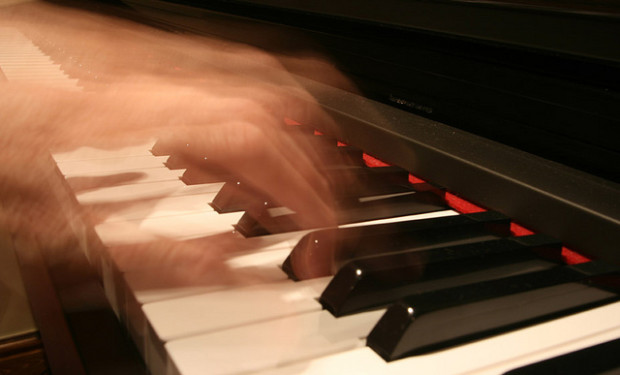The Blurred Lines of Copyright Infringement
Sometimes imitation is no longer a form of flattery.
This article is the first in a three-part series on copyright infringement issues in the music industry.
There are only so many musical note combinations available to create a song, but at what point does the use of a previously used combination become copyright infringement? Pharrell Williams, music producer and singer, testified in the U.S. District Court for the Central District of California during the first week of March 2015 regarding the similarity between the 2013 hit “Blurred Lines” and singer Marvin Gaye’s 1977 hit “Got to Give It Up.” Gaye passed away in 1984, but his children brought a case against the three writers of “Blurred Lines” – singer Robin Thicke, rapper T.I., and Williams. On Tuesday, March 10, a jury of eight awarded the Gaye family $7.4 million.
Gaye’s children claim that the trio copied elements of “Got to Give It Up” when writing “Blurred Lines.” Specifically, the Gaye family alleges that multiple parts of the song are nearly identical, including the lyrics, themes, and signature phrases. The beginnings of both songs sound quite familiar to an untrained ear. (The two songs can be heard here).
Williams admits that he was “channeling” Gaye’s 1970s feel, but had no intention of directly copying Gaye’s song. Earlier in the week, Thicke testified that they did not copy the song, which contradicted earlier statements he made that they were attempting to create a song similar to “Got to Give It Up.” Thicke attributed the conflicting statements to his being under the influence of drugs and alcohol when he initially spoke to the media.
In court, the jury was presented with the sheet music of both songs to compare the musical notes. Snippets of each song were also played, but Judge John A. Kronstadt told the jury to only consider the sheet music when making a decision. Multiple musicologists testified regarding the technical aspects of the songs.
“Blurred Lines” earned $16 million and sold 7.3 million copies. The Gaye family requested a judgment of $25 million. When the jury announced a verdict of $7.4 million, Gaye’s daughter Nona cried with delight. The Gayes are now seeking an injunction to stop the sales of the song unless they receive a portion of the revenue earned from the sales.
Copyright infringement suits are hardly new to the music industry. However, decisions like this could have a major impact on how artists develop songs. The fear of being sued might make songwriters and performers more hesitant to imitate the style great artists, like Williams claims to have done.






